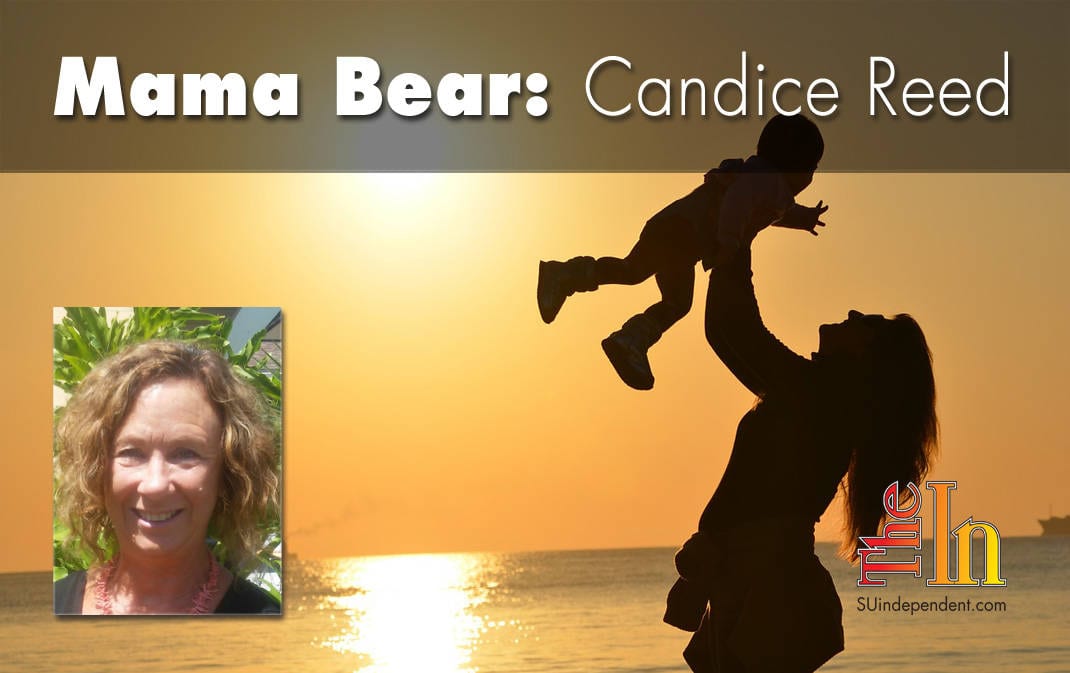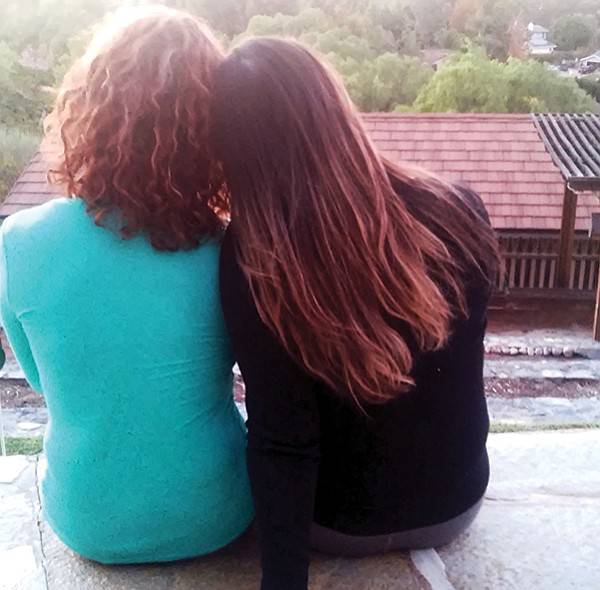 When we decided to move to Springdale, Utah, last November, our biggest concern was leaving our daughter behind in a California drug rehab center. She had been clean and sober for only four months; was it too soon to reclaim our lives?
When we decided to move to Springdale, Utah, last November, our biggest concern was leaving our daughter behind in a California drug rehab center. She had been clean and sober for only four months; was it too soon to reclaim our lives?
The previous summer, our daughter confessed to us that she was a drug addict.
“Everything but meth,” she told us. Apparently she had drawn a line in the sand, and meth was one toke over it.
To say we were surprised is an understatement. I fell to the ground, screamed as loud as I could in anguish, and stood up and hugged our girl as tight as I could when she fessed up. We cried as a family.
In hindsight, the signs were there, but I found her excuses plausible. She blamed her weight loss on an eating disorder. Her constant tardiness on her husband. Her radio silence and crazy sleep patterns on a stressful job. She was always so honest and even forthcoming about an earlier problem with drugs, so why should I doubt her now?
Because she was a junkie.
My husband blamed himself, but I didn’t have time for that. I needed to find a place to send her to detox and to recover. I dove into researching the best places I could afford, calling and begging centers to take her. In the end, my husband and I sat with her for two weeks as she shook and moaned and sweated out the drugs. The Xanax almost killed her, and she spent time in the hospital. My husband said aloud that we had been asleep at the wheel, that maybe we should have moved to a small town, away from the temptations of the big city when she was a youngster. Then maybe she would’ve never ended up as a drug addict.

I disagreed.
When our children were young, we had an opportunity to move to Utah. Parowan to be exact. We found a store near the bus stop to Brian Head. We thought the small town would shield her from the bullies that had targeted her and the drugs that would eventually come into her life.
The deal fell though, but years later I met a CHP who patrolled Parowan. He told me that I was lucky we had not made the move because Parowan had a big drug problem for such a tiny town.
Once again, Utah surprised me.
According to Susannah Burt with the state’s Division of Substance Abuse and Mental Health, out of all 50 states, Utah ranks eighth in the number of prescription drugs overdose deaths. And despite a dip in 2008, the number of pill-related deaths in Utah over the past decade has increased by 400 percent.
Even if we had made the move, our daughter more than likely would have found solace from her mental pain in drugs.
Last fall, we spoke to our daughter about our plan to move near Zion National Park, a place she loves as well. She knew she couldn’t come along and insisted we leave, that we live our lives and that we had done all we could do. Now it was up to her.
I spoke with several ex-drug addicts, and they agreed with her. No matter if we lived in California or Utah, she was going to have to make the decision to be sober. We couldn’t do it for her. She had a support system in place: her sober living house, 20 women who were fighting the same fight, and family and friends.
And so we left.
Each week, we would talk on the phone, and she would tell us stories of new housemates, of her ongoing therapy and doctors appointments to see how the drugs had affected her body. She went to meetings and out to dinner with like-minded people. She made friends and went on picnics and retreats. Her new support group was extensive, and it made us happy.
In the end, we moved back to California because of a glitch in my husbands health insurance, and although we were sad to leave Springdale, St. George and Zion, we could breathe a little sigh of relief now that we would be home with our daughter.

I was also relieved to read that St. George was celebrating National Addiction Recovery Month through the month of September. The fact that Utah is recognizing that a state with a squeaky-clean reputation has drug addicts and problems just like the other states is a big step. Awareness is important. Even if you trust your kids, sometimes you can’t.
Southwest Behavioral Health Center has a great site dedicated to helping people in Washington, Iron, Beaver, Kane and Garfield counties, with resources on prevention, signs and symptoms as well as rehab placement.
It’s been a year since that horrible summer night. Our daughter is clean and sober, although it will be an lifelong battle for all of us. She still lives at the sober living house. She has a job and a car and volunteers at a mental health non-profit and hopes to soon find a job as a peer counselor for young women.
We visit weekly with her, and she is now the mature, happy young woman she was meant to be, thanks to the community, her friends and family.
Once again, we are planning a new adventure, and she is encouraging us to hit the road.
“I’m in a good place” she told me recently. “Get on with your life mom.”
Good advice from someone who knows.




I find a couple of things interesting about the author’s point of view:
1) Why is anybody still “surprised by Utah”? Isn’t it clear by now that perceived protective veil is a myth? The only thing surprising me about Utah is the idea so many people still believe it’s some kind of celestial oasis.
2) Why mention her daughter didn’t do meth? Is that “line” she drew supposed to indicate her daughter wasn’t the “worst” kind of addict? I was a meth addict; and frankly I’m tired of abusers of other drugs and their supporters making the distinction and reinforcing the idea there are lesser forms of addiction. When overindulgence of anything ruins your life, you have no right to classify yourself as someone who hasn’t yet sunk low enough.
I’m surprised everyone is not addicted to antidepressants in this depressing town where drug use and suicides are higher than the norm.